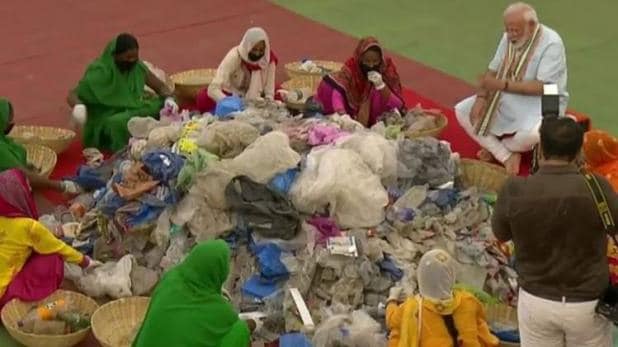To the responsible authorities, elected representatives, civil society organizations, and concerned citizens,
With deep concern, I issue this urgent appeal: Take immediate and decisive action against the uncontrolled dumping of plastic waste into public spaces, waterways, and the living environment of Bihar.
What we are witnessing today — the reckless disposal of plastic on streets, in rivers, drains, and agricultural lands — is no longer a minor issue. It is an environmental crime and a direct attack on public health, our climate, and the well-being of future generations.
The consequences are devastating:
- Drinking water sources are being poisoned.
- Rivers are turning into open sewers.
- Fertile agricultural land is losing its productivity.
- Plastic is entering the food chain, contaminating what we eat.
- Tourists are avoiding the region — and rightly so.
Why is this still being tolerated?
Where is the enforcement?
Where is the vision?
Where is the accountability from our elected leaders and local authorities?
We cannot hope to address global climate challenges if we fail to protect our immediate surroundings today. This negligence undermines every effort toward sustainability, dignity, and ecological responsibility.

Climate Change Policy in India – April 11, 2025
Has India committed to tackling climate change caused by plastic waste?
Yes, India has actively committed to addressing both climate change and plastic pollution through national regulations and international cooperation.
National Measures
India introduced the Plastic Waste Management Rules, 2016, which have been updated multiple times to increase their effectiveness. The latest update, the Plastic Waste Management (Amendment) Rules, 2024, includes:
- Extended Producer Responsibility (EPR):
Manufacturers, importers, and brand owners are now legally obligated to collect and recycle plastic packaging. Specific recycling targets have been set, including an ambitious goal of achieving an 80% recycling rate for rigid plastic packaging by 2027–2028. - Labeling and Certification:
All compostable and biodegradable plastics must now be properly labeled and certified.
Additionally, since 2015, India has mandated the use of plastic waste in road construction. Road builders are required to incorporate plastic waste into bitumen mixtures, creating roads that are more durable and low-maintenance.
International Engagement
On the global stage, India is actively participating in the development of a legally binding Global Treaty on Plastic Pollution. In 2022, 175 nations — including India — agreed to draft a treaty that would regulate the production, use, and disposal of plastics worldwide. Often referred to as a “Paris-plus” agreement, it aims to establish enforceable commitments that directly target plastic pollution, going beyond the scope of the Paris Climate Accord.
Conclusion
India has taken significant steps, both domestically and internationally, to combat climate change and plastic pollution. Strengthened regulations, ambitious recycling goals, and active participation in global negotiations reflect the country’s commitment to a cleaner, more sustainable future.
Therefore, I urge the following actions:
- Immediate implementation and strict enforcement of a ban on plastic dumping.
- Permanent clean-up initiatives and widespread environmental education.
- Active involvement of youth, schools, and local communities in environmental protection.
This is no longer a matter of choice — it is a moral and ecological imperative.
Act now. For ourselves, for our children, and for the Earth.

With profound urgency,
Dr. Shardhanand H. Singh
Rotterdam / Bishanpur
On behalf of all global citizens committed to a future


